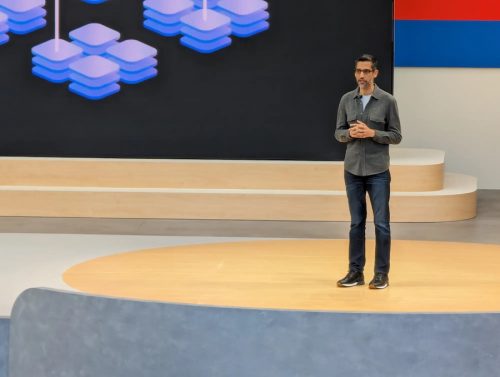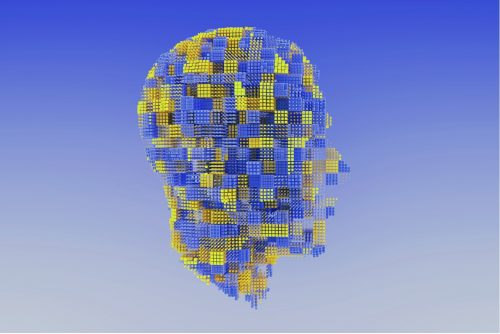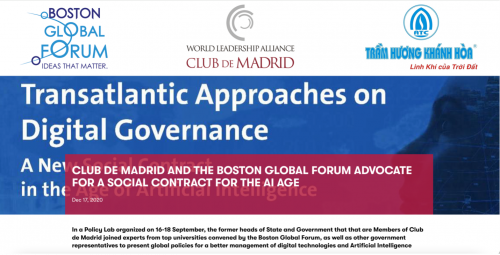Dissimilar to most incredible mechanical advances, the coming of Artificial Intelligence (AI) offers extraordinary admonitions.

One of the world’s leading physicists, Stephen Hawking, has dimly seen that AI can undoubtedly conquer individuals and turn into another type of life. During a meeting with the magazine Wired, he said that he expected that the AI could totally supplant individuals. On the off chance that individuals structure PC infections, somebody will plan AI to enhance and increase.
The father of present-day processing, Alan Turing, has stated that if people can’t recognize responses from machines and individuals, the machine can do so. The start of the AI began in the mid-1950s at Dartmouth College and it astonished the world by taking care of straightforward variable-based math issues and coherent hypotheses.
Decades later, the purported client master framework has shown up. These scaling contentions have duplicated in tackling complex issues. The advances were, for the most part, by Moore Law.
In 1997, Deep Blue, IBM’s chess PC, Deep Blue, defeated the dominant winner Gary Kasparov. A suitable model is the Deep Neural Network, a subcategory of the fake neural system, which decides the right numerical task to change over one contribution to yield.
Despite the fact that these advances are valuable in everything from prescription to automation, there is an unavoidable danger to AI that has as of late turned out to be clear, which are moral concerns must be checked.
The idea of the factor of artificial morality was presented by Wendell Wallach in his book “Moral Machines”, in which he asked whether programming planners ought to be constrained to creating programs that harm their countenances, moral or not.
Is there a reasonable limit between human mindfulness and feeling, (for example, sympathy) and their exact proliferation in a machine? Joseph Weizenbaum, one of AI’s fathers and MIT educator, was persuaded that the AI would never have the capacity to duplicate human attributes such as compassion or analysis.
In a turning point, Hans Moravec, a robot creator, and his associates anticipated that blending people and machines into cyborg would create a more intelligent “animal groups” – and progressively both can murder individuals.
Another area of concern is the effect of AI on work. In any case, there are the individuals who have discovered that mechanization frequently has a net increment in work because of the flighty downstream microcosm and macroeconomic productivity.
Unmistakably in the moral and specialized an unexplored area, in which alert and regard for the potential for unintended outcomes are vital. We can dare to dream – and supplicate – that AI will assume a functioning job in our lives, just as of who and what is to come.
Whether it is for better or worse, the future of AI will mainly lie on the hand of its developers – we, human to decide. Hence, a certain set of guidelines on ethics and standards is needed for developers to follow, not just what to make but also how to make it ethical. This is exactly what Michael Dukakis Institute for Leadership and Innovation (MDI) is attempting to do. So far, the organization has been working on developing the AIWS Index for governments and enterprises.










